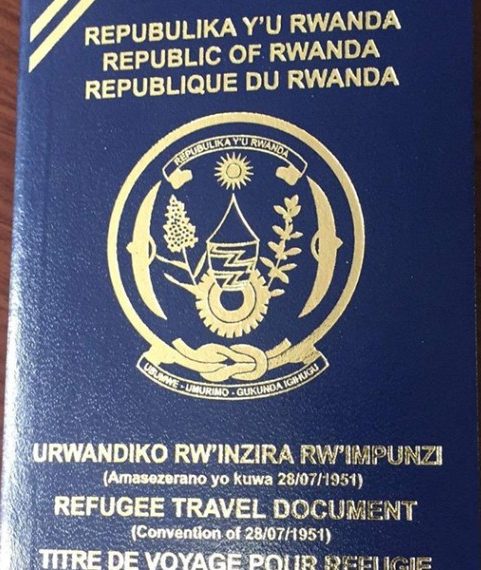Share this
Money in the hands of Kenyans hit Sh197.86 billion
The amount of cash circulating outside the banking system and in people’s pockets hit a 13-month high in June, defying Covid-19 economic hardships.
Central Bank of Kenya (CBK) data shows that cash outside banks rose from Sh197.86 billion in May to Sh210.8 billion in June—marking the first time it has crossed the Sh200 billion mark since May 2019 when Kenya retired old Sh1,000 banknotes.
The jump in circulation came in a month when Kenya eased Covid-19 restrictions, reducing the nationwide nightly curfew by three hours to between 9 p.m. and 4 a.m and lifting lockdowns on Nairobi and Mombasa.
Cash outside banks represents the most liquid of monetary assets and is mostly held in bulk by individuals in homes and big businesses such as petrol stations, supermarkets, hardware stores and other big shops.
Cash held by banks in their tills declined by Sh4.6 billion, from Sh51.57 billion in May, to Sh46.9 billion in June.
“Due to the prevailing economic environment people are opting to be conservative in where they put their money by taking precautionary measures such as cashing out on their savings leading to an increase in cash in circulation,” said Churchill Ogutu, the head of research at Genghis capital.
He suggested that most people opted to keep cash in home safes amid the economic uncertainty surrounding the economy in the wake of Covid-19.
This means more liquid cash left the banking system to the pockets of individuals and businesses.
The rise defies the hard economic times created by the pandemic that has seen many Kenyans lose their jobs and close their businesses.
Over the period, demand deposits –cash available for withdrawal in banks — rose by 11 per cent to an all-time high of Sh1.349 trillion in June from Sh1.293 trillion in May last year, indicating that people were looking to have their cash within easy reach.
Cash in circulation acts as an indicator of economic times as people tend to hold physical cash for speculative reasons and in anticipation of impending economic shocks.
The pandemic has battered the economy, with the Treasury projecting growth to slow to 2.5 per cent this year from 5.4 per cent last year.
In March the CBK cut the cash reserve ratio for banks to 4.25 per cent from 5.25 per cent to improve liquidity and lending to the private sector as the country started feeling the effects of the pandemic.
Cash outside banks had fallen to a five-year low of Sh157 billion in September 2019 as a result of the Sh1,000 note demonetisation, but has been rising at a slow pace since the end of the exercise early October.
The move was designed to stop the flow of proceeds of crime such as corruption and counterfeiting of bank notes. Those exchanging large amounts were required to explain how they acquired the cash.
via BD




















